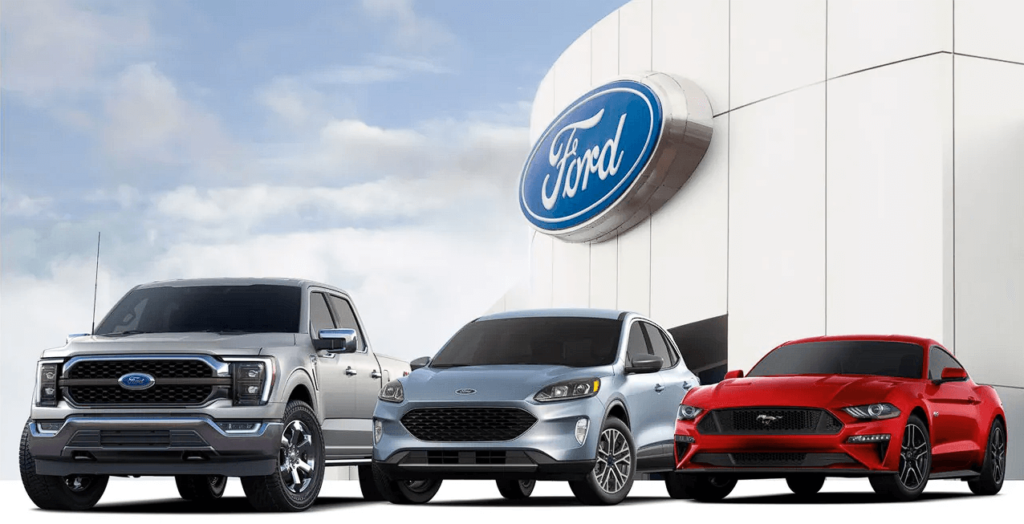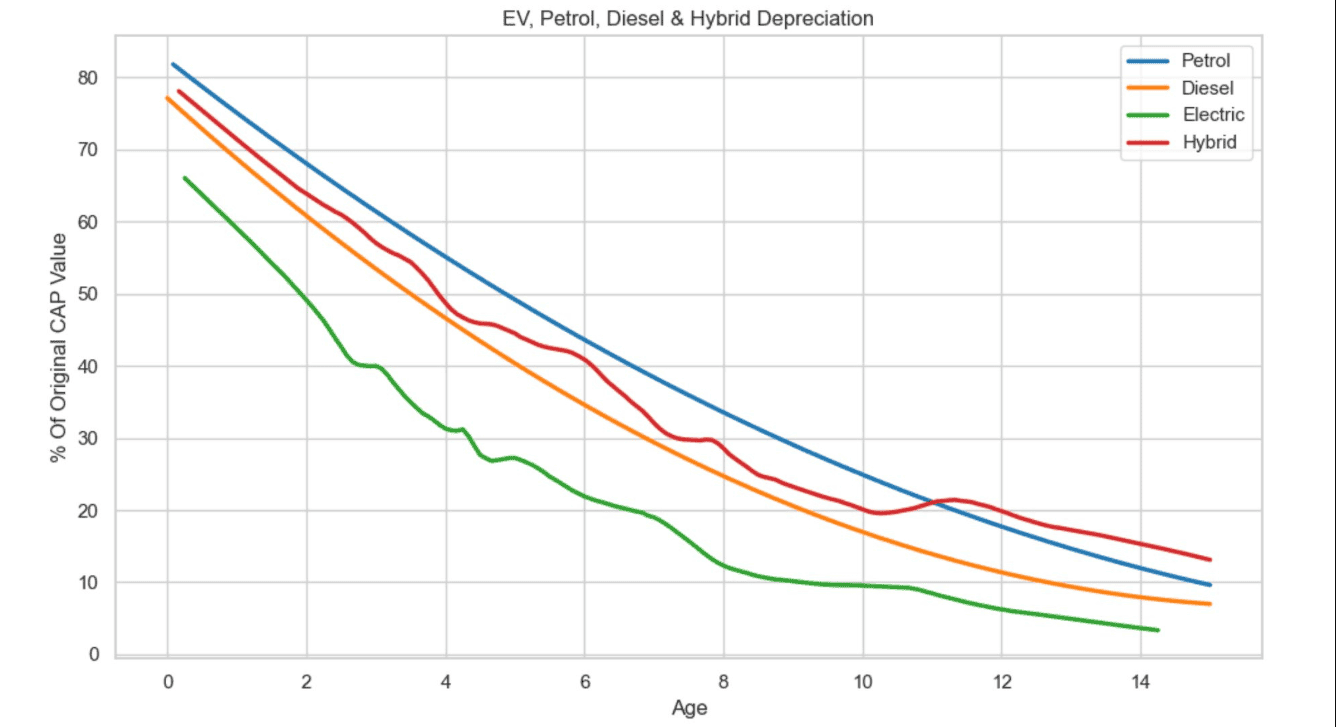Ford CEO Expresses Concern Over EV Market Price War (PDF)

Ford CEO Jim Farley has raised concerns about the growing trend of price cuts in the electric vehicle (EV) market. This comes after Ford reduced prices for the Mustang Mach-E in response to Tesla’s price cuts. According to Farley, the price war is a “worrying trend” that could potentially harm the resale value and customer trust.
At a Wall Street Journal forum, Farley drew a comparison between the price cuts in the EV market and Henry Ford’s price reductions for the Model T in 1913. However, Farley cautioned against commoditizing the product, stating that it could potentially jeopardize the company’s position. He highlighted the negative impact on resale value for customers who bought at higher prices, noting that they tend to remember the experience.
Ford’s latest price cut for the Mustang Mach-E electric vehicle is the second one announced this year, and the automaker plans to follow Tesla’s price cuts for models such as the Mach-E that compete directly with Tesla’s Model Y. However, Farley also said that there is a limit to how far Ford will go.
Apart from his concerns over pricing, Farley addressed other issues relevant to Ford and the EV industry. He made it clear that the company has no plans of discontinuing the popular Apple CarPlay software, which lets customers mirror their smartphone screens on their vehicle’s dashboard. Moreover, Farley emphasized that Ford will continue to invest in entertainment streaming services for their vehicles.
In addition, Farley disclosed that Ford opted to construct a new electric vehicle manufacturing hub close to Memphis, Tennessee, mainly because the region has cleaner electricity supplied by hydro and nuclear facilities. The automaker plans to provide training for the new facility’s workers and invest in retraining current employees. However, Farley acknowledged that not all current employees would make the transition to electric vehicles.
Farley’s comments highlight the complex challenges that face the auto industry as it shifts towards electric vehicles. As competition in the market increases, automakers will need to balance the demand for affordable prices with the need to maintain value for their customers. Meanwhile, they will also need to consider the needs of their workforce as they shift towards the production of EVs and invest in clean energy.





